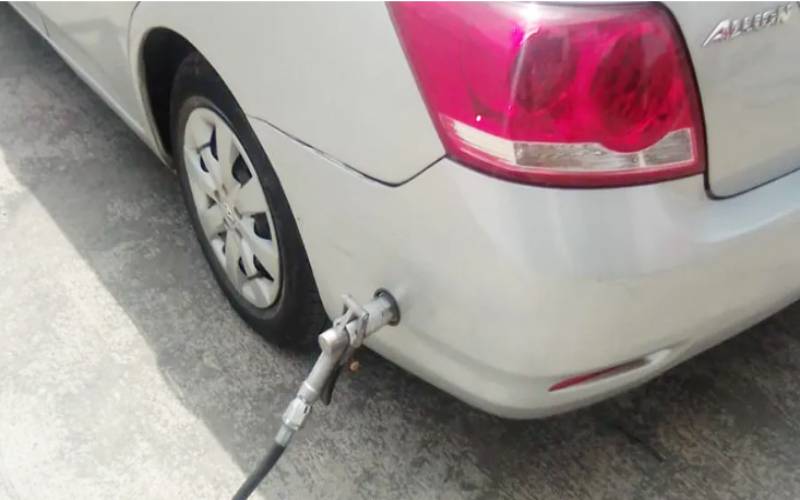×
The Standard e-Paper
Home To Bold Columnists

As petrol prices continue to soar, a number of motorists in Kenya have been opting for the liquefied petroleum gas (LPG) in efforts to save on fuel costs.
In the latest Energy and Petroleum Regulatory Authority (EPRA) review, a litre of petrol costs Sh159.12 in Nairobi. On the other hand, a litre of LPG retails at around Sh60, a difference of Sh99.12.